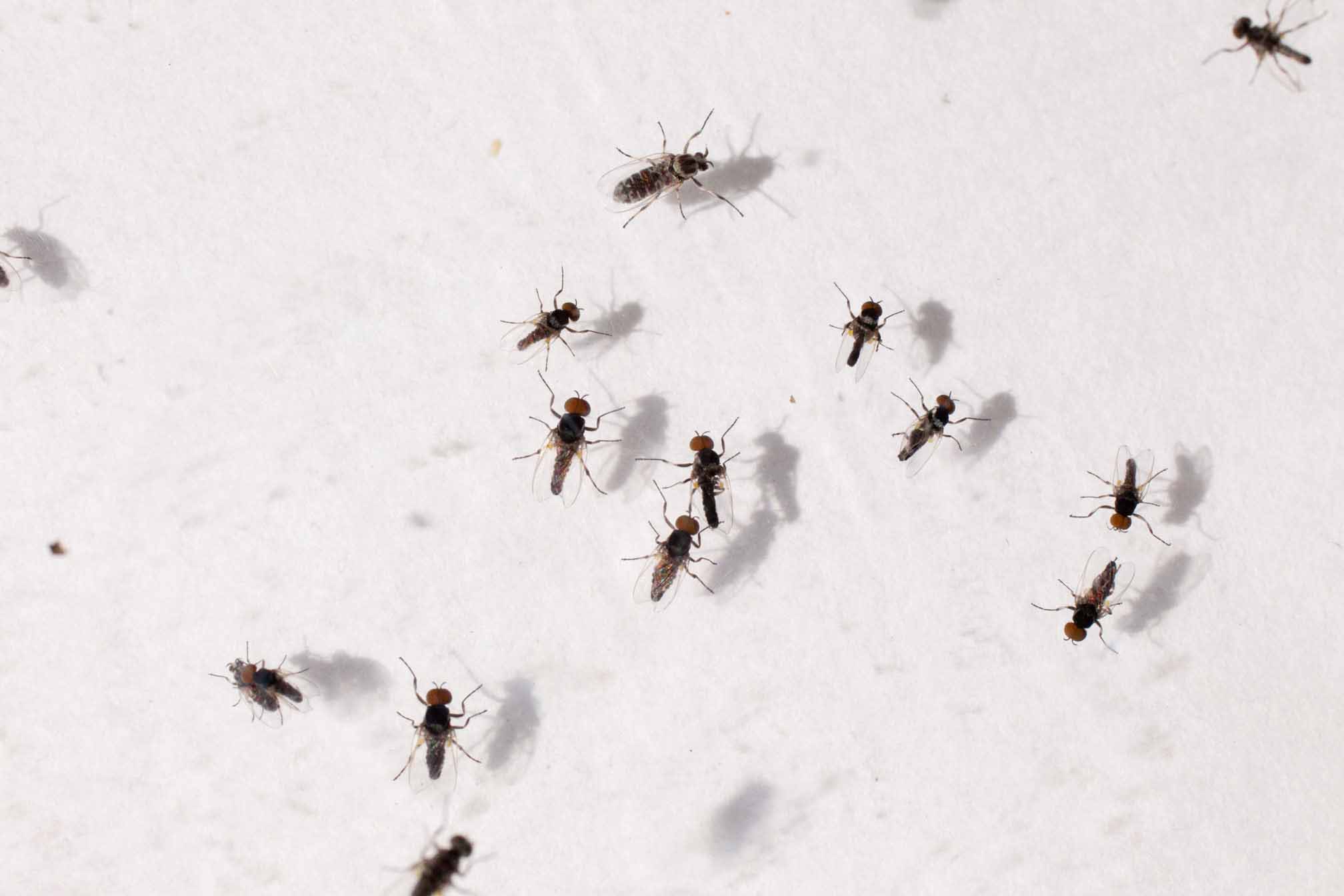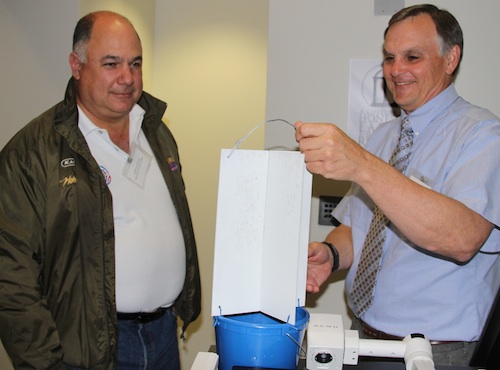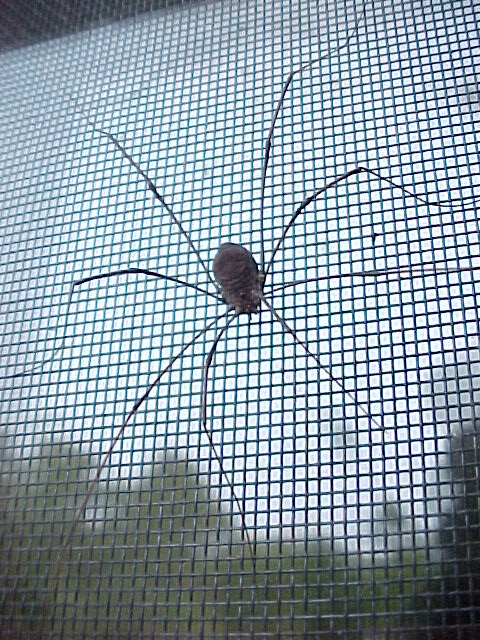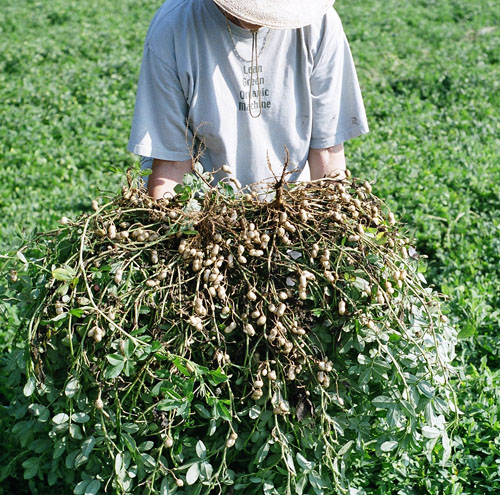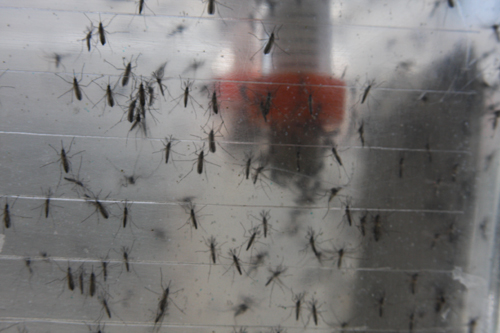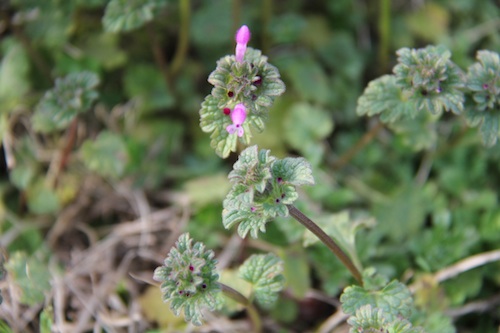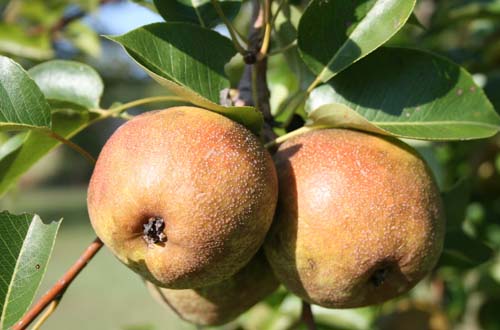 CAES News
CAES News
Pear disease
Fire blight, a common plant disease that is persistent in the Southeast, makes growing edible pears in Georgia difficult. Most pears produced in the U.S. are grown in Oregon and Washington, states where the disease does not become a problem.

